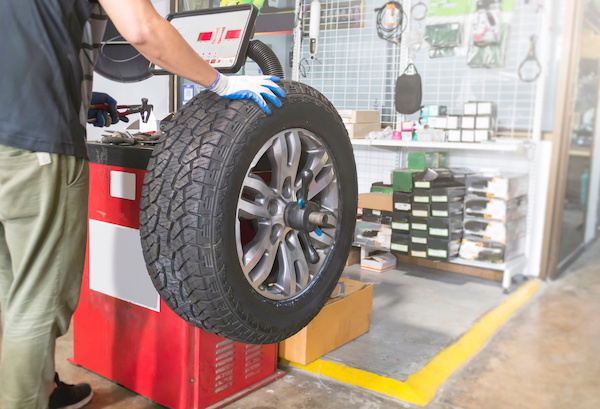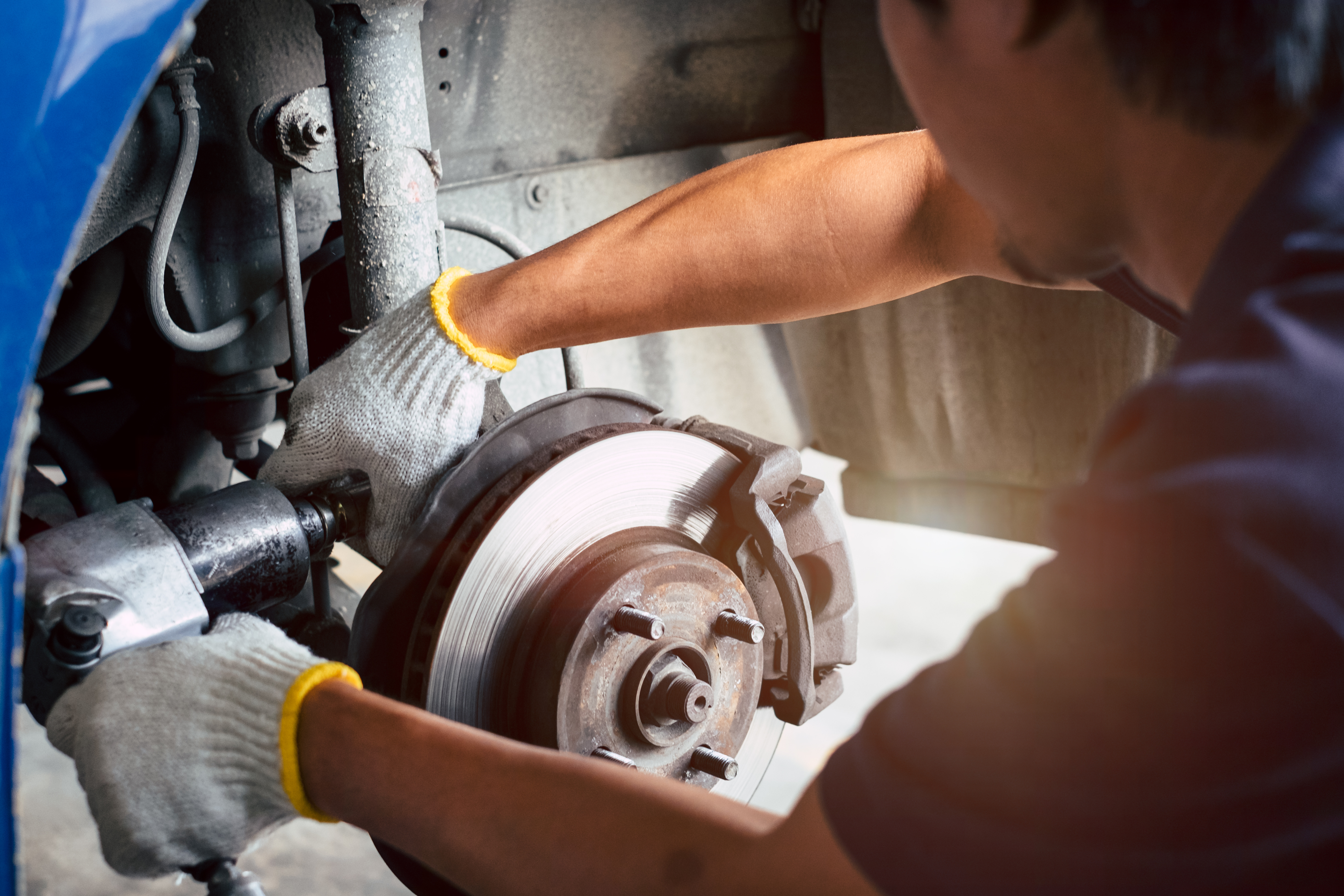Posted on 2/28/2023

Shopping for a used car is something everyone goes through at least once. Looking at different models and specs gets overwhelming, especially if you have chosen a brand of vehicle but cannot decide on a model. If you are a fan of Honda or have heard of its durability and efficiency - down below, you will find our picks for some of the most reliable Honda models throughout recent years. 2008-2016 Honda Civic The most popular model made by Honda is the Civic. It's a sedan, offering everything an ordinary car buyer is looking for: comfort, reliability, storage space, and cheap repairs. One of the beloved model years is the 2012 edition. Repair shops, mechanics, and owners praise it as one of the best cars to maintain and drive. In addition to that, it does 31 miles per gallon combined, 28 mpg in the city, and 38 mpg on highways. The usual price of the Civic 2008-2016 models differs from $7-8,000 to $25-30,000 for newer models. You can also find used ones with almost no m ... read more
Posted on 1/31/2023
.jpeg)
Asian vehicles have always been popular among consumers for their reliability, fuel efficiency, and affordability. Here is a look of the most popular Asian vehicles of 2022, in terms of purchases and usage. One of the most popular Asian vehicles of is the Honda Civic. The Honda Civic is a compact car that offers a spacious interior, high fuel efficiency, and advanced safety features that you would expect from most Asian cars. It also offers a sleek and sporty design, making it appealing to a wide range of consumers. Another popular Asian automobile is the Toyota Corolla. The Toyota Corolla is a sedan that offers a comfortable interior. The car also offers a sleek and modern design, making it an attractive option for the everyday consumer. The Hyundai Sonata is also a popular choice among vehicle buyers. The Sonata is a mid-size sedan that offers a reliability and comfort. It has a great price point. For car buyers looking for an SUV instead, the Kia Seltos is a p ... read more
Posted on 12/30/2022

Few things beat the experience of taking your diesel truck out with friends at the end of spring. Apart from the performance, the fuel economy is incredible. But just like any other machinery, diesel trucks need regular maintenance to increase their longevity. The good news is that diesel engines require less maintenance than their gasoline-powered counterparts. Here are some key areas of focus when maintaining your diesel truck. Check and Maintain Accurate Fluid Levels As you operate your diesel truck, the fluids in the car may become acidic. This acidity may corrode other key components in your truck reducing its lifespan. For your truck to serve you well, make sure you replace oil and other fluids regularly. You should also check and maintain accurate fluid levels as they play crucial roles in cooling and lubricating your truck. Regular Cleaning Your truck will likely attract dirt and grime when driving it. Accumulation of dirt affects your truck's performance on the road ... read more
Posted on 11/30/2022

Tire balancing or wheel balancing is one of the several key tire services that keep your Mazda safer on the road. This procedure involves correcting the weight distribution of your vehicle’s wheels, so you can drive without worrying about premature tire wear, wheel vibrations, and suspension issues. During a tire balance service, a professional mechanic will mount your wheel and tire assembly onto a state-of-the-art balancing machine. The machine spins the wheel and tire assembly to figure out whether an imbalance is present. Using the equipment,, the technician can proceed to adjust the weights on certain points of the wheel(s). How Do Tires Go Out of Balance, To Begin With? Uneven tire wear and sudden wheel impacts are two of the most common culprits. Furthermore, leaving your vehicle unused for extended periods can leave flat spots on the tire. Regardless of the cause, you should check out your wheels if any unusual vibrations are felt throughout your Mazda vehicle. What ... read more
Posted on 10/31/2022

When it comes to your Scion vehicle, the brakes are one of the most important safety features. Brakes that are in good condition are essential for stopping your Scion in a timely and safe manner. There are a few different signs that your car may need brake service. If you notice any of these signs, it's important to bring your Scion to our Asian vehicle specialty auto repair shop as soon as possible. 1. Soft or Mushy Brakes One of the most common signs that your Scion needs brake service is if the brake pedal feels mushy or soft when you press it. This is often caused by a leak in the brake system. If the brake pedal feels mushy, it will take longer to stop your vehicle, which could be dangerous. 2. Squealing or Screeching Noises Another sign that your Scion needs brake service is if you hear a squealing noise when you press the brakes. This noise is usually caused by wear on the brake pads. When the brake pads wear down, they start to squeal. This is a sign that it's time ... read more